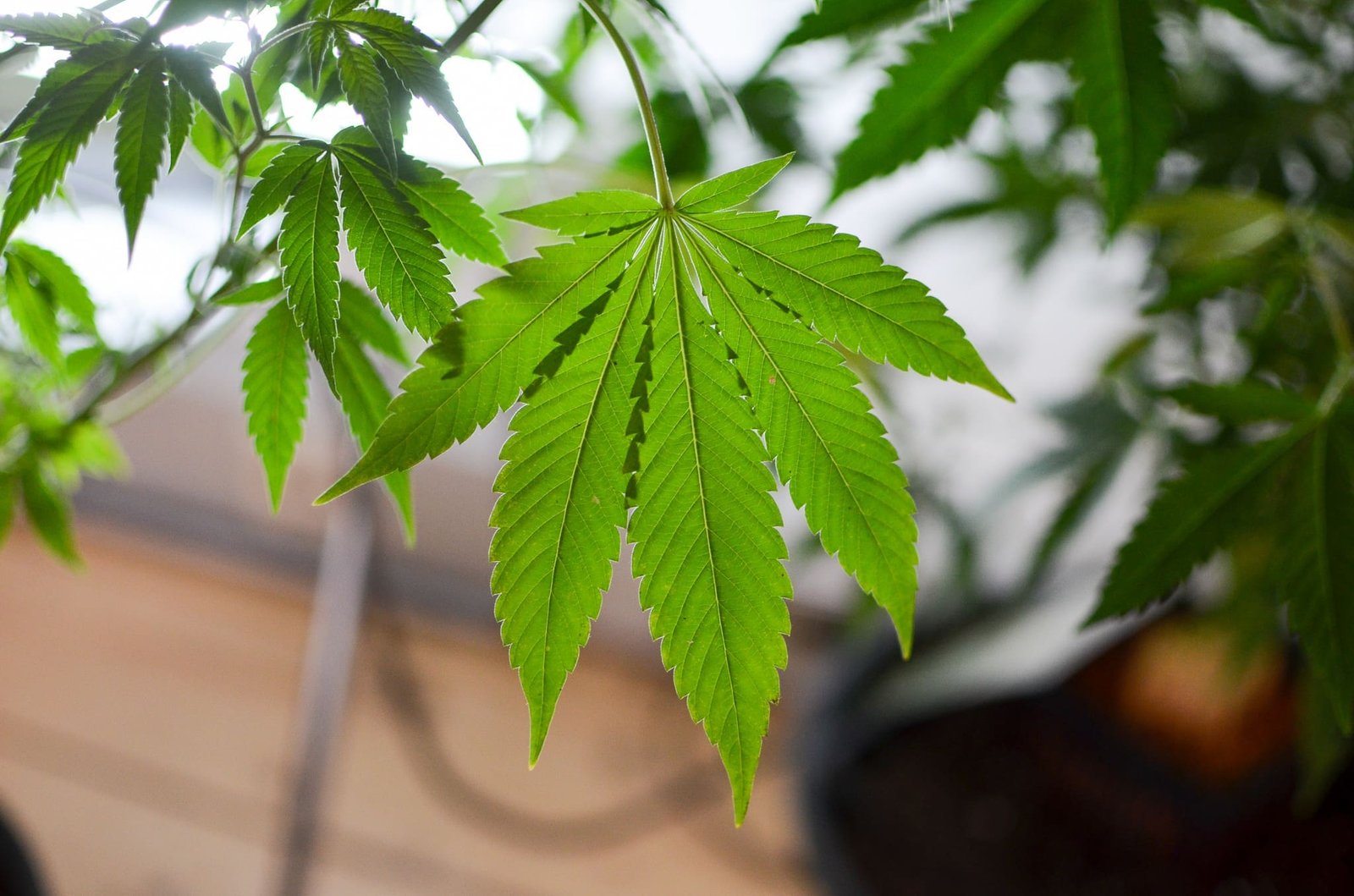The Niles Township Board in Michigan has approved a new marijuana ordinance with a vote of 5-1, allowing for an unlimited number of marijuana dispensaries to operate in the area. This decision follows a resident vote last year that permitted four dispensaries near the Indiana state line. The ordinance, known as 79-1, was amended to eliminate a previous requirement for dispensaries to maintain 150 feet of frontage.
During the board meeting at the Greater Niles Senior Center, residents expressed concerns about the potential impact of more dispensaries on the community, particularly in relation to children. One resident, addressing the board, highlighted the risks posed to local youth by increased cannabis availability, especially given the proximity of an autism center to a proposed dispensary site.
Pepper Miller, a coach at Brandywine High School, voiced his discontent with the ordinance, stating that the changes could jeopardize the family-oriented character of the area, which includes local businesses like Hacker’s and Joey’s. He emphasized that the new ordinance could lead to significant changes in the community’s landscape, affecting not just businesses but also schools and families.
Concerns about conflicts of interest were also raised during the meeting. A local business representative pointed out that Township Trustee James H. Ringler, who recused himself from the vote, was listed as the realtor for Hacker’s, a business likely to be sold as a result of the new ordinance. This situation prompted fears of ethical violations regarding the decision-making process.
Trustee Chris Vella was the lone dissenting vote against the ordinance, citing the autism center’s location and the potential consequences for children. He urged fellow board members to consider the long-term effects of their decision on future generations.
The ordinance’s passage means that applications for new marijuana dispensaries will start being reviewed on May 1. With no limit on the number of dispensaries allowed, it remains unclear how many will eventually be established in Niles Township. This development marks a significant shift in the township’s approach to cannabis regulation, reflecting broader trends in cannabis policy across the United States.



